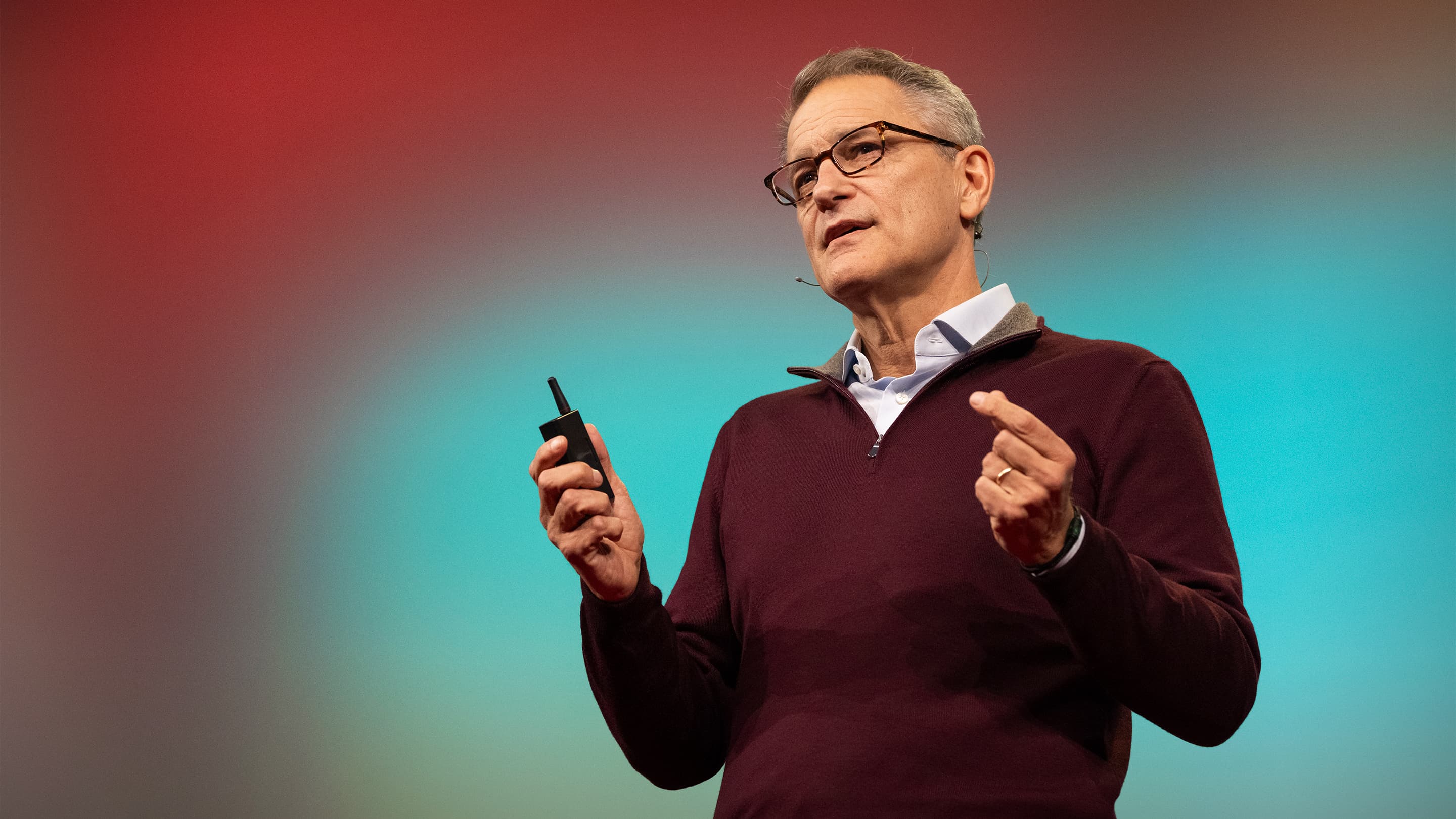Newborn DNA Sequencing Reveals Treatable Conditions in 4% of Infants, Paving Way for Predictive Medicine

BOSTON, MA – Medical geneticist and physician-scientist Robert C. Green, a leading figure in preventive genomics, unveiled groundbreaking insights into newborn DNA sequencing at TED2025, asserting that early genetic analysis holds "the life-saving secrets in your baby's DNA." His presentation highlighted findings from the BabySeq Project, where comprehensive genomic sequencing of healthy newborns identified treatable conditions in approximately 4% of infants.
Dr. Green, who directs the Genomes2People Research Program at Brigham Health and Harvard Medical School, emphasized the potential to shift healthcare from reactive treatment to proactive prevention. He detailed how his team became the first globally to comprehensively sequence and analyze the DNA of healthy infants, revealing previously hidden risks for conditions that can be managed or treated early in life. This approach aims to preempt a "diagnostic odyssey" for many families.
The BabySeq Project, a pioneering randomized clinical trial, has spent a decade studying the medical, behavioral, and economic impacts of newborn genetic sequencing. Dr. Green shared compelling examples of early detection, including a baby with an elastin gene mutation linked to a narrowed aorta, allowing for proactive monitoring, and another infant diagnosed with biotinidase deficiency, now managed with a daily dietary supplement. Additionally, the project uncovered cancer predispositions, such as a BRCA2 mutation, in some newborns, leading to life-saving interventions for parents who were unaware of their genetic risk.
Despite initial skepticism and concerns regarding psychological distress and privacy, Dr. Green stated that the findings have been "pretty reassuring." He acknowledged the existing newborn screening system, which identifies up to 75 treatable conditions, but argued it is "overburdened, under-resourced" and struggles to keep pace with the hundreds of treatable genetic conditions identifiable today. He also addressed privacy concerns, noting that genomic information within a medical context is legally protected.
Dr. Green advocated for a future where a child's DNA is sequenced at birth and reanalyzed over time, leveraging advancements in science and artificial intelligence. He announced the co-founding of an international consortium on newborn sequencing, now comprising 27 groups worldwide, collaborating to implement this vision across diverse healthcare systems. This initiative represents a significant step towards an entirely new era of genome-informed medicine, promising to save millions of lives by embracing the knowledge of risk for early intervention.